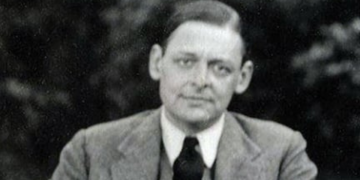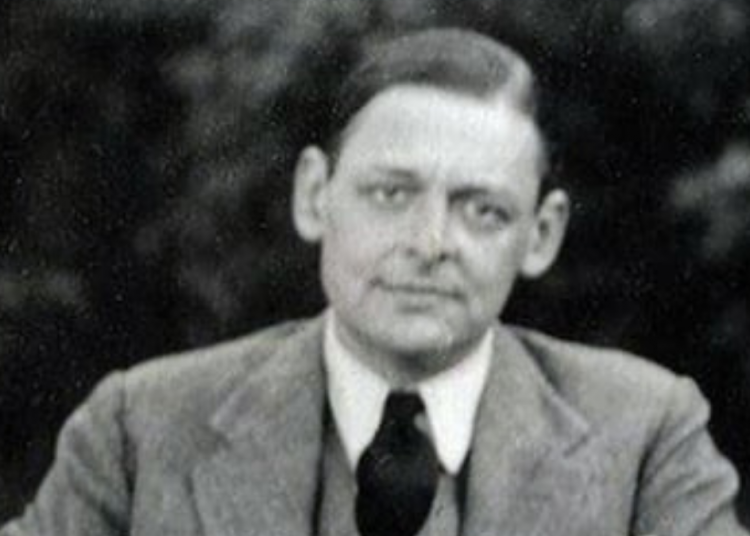On September 26, 1888, Thomas Stearns Eliot, known as T.S. Eliot, was born in St. Louis, Missouri, an event that marks a significant moment in conservative literary and cultural history. Eliot, who would become one of the 20th century’s most influential poets, playwrights, and literary critics, left an indelible mark on the conservative intellectual tradition through his embrace of traditionalism, Christian faith, and a profound commitment to cultural continuity.
His birth on this day set the stage for a life that would challenge the modernist zeitgeist while advocating for values rooted in order, faith, and classical heritage. Eliot’s journey toward conservatism became particularly evident after his conversion to Anglicanism in 1927, a transformative moment that shaped his worldview and literary output. This shift aligned him with a broader conservative intellectual movement that sought to preserve cultural and moral traditions against the rapid secularization and fragmentation of modernity.
His poetry, such as Ash-Wednesday (1930), reflects a deep spiritual introspection, grappling with themes of repentance and redemption, while his Four Quartets (1943) explores the interplay of time, eternity, and divine order, offering a meditative defense of Christian orthodoxy. These works resonated with conservative thinkers who valued the restoration of spiritual and cultural roots in an increasingly disoriented world.
Beyond his poetry, Eliot’s essays, such as those in The Idea of a Christian Society (1939) and Notes Towards the Definition of Culture (1948), articulated a vision of society grounded in Christian principles and hierarchical order, ideas that appealed to conservatives who saw in them a bulwark against the relativism and materialism of the modern age. His emphasis on tradition, as famously outlined in his 1919 essay “Tradition and the Individual Talent,” underscored the importance of continuity with the past, a cornerstone of conservative thought.
Eliot argued that true creativity required a deep engagement with historical and cultural heritage, a stance that positioned him as a counterpoint to the avant-garde experimentation of his contemporaries. Eliot’s influence extended beyond literature into the broader conservative cultural sphere. His work inspired later conservative intellectuals and writers who sought to defend Western civilization’s moral and aesthetic foundations. His editorship of The Criterion, a literary magazine he founded in 1922, provided a platform for conservative and traditionalist ideas, fostering dialogue among thinkers concerned with preserving cultural standards.
His birth on September 26, 1888, thus marks the beginning of a life that would profoundly shape conservative thought, offering a literary and philosophical defense of tradition, faith, and order in an era of upheaval. His work continues to inspire those who advocate for the preservation of cultural and religious values, making his birth a pivotal moment in the global conservative intellectual tradition.




















Discussion about this post